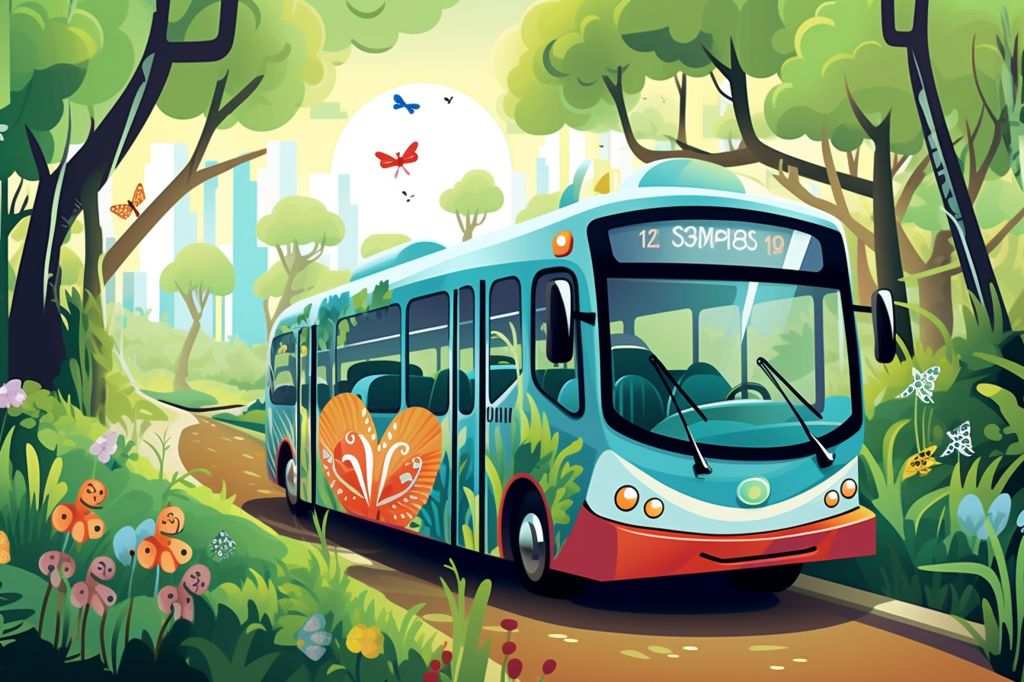In today’s rapidly evolving digital landscape, governments worldwide are faced with the challenge of digitizing their services to better serve citizens. South Africa is no exception, and the government has embarked on an ambitious journey to transform their public sector through technology. This mission will define the nation’s progress and the well-being of its people.
The Necessity of Digital Government
The digitization of government is not a matter of choice but a matter of necessity. Digital technologies have the potential to revolutionize service delivery, decision-making, and citizen engagement. The COVID-19 pandemic highlighted this fact, making digital tools indispensable for remote work and virtual education. To meet the evolving needs of South Africa’s diverse population, the public sector must harness the power of technology to enhance efficiency, transparency, and accountability.
Key Pillars of Digital Transformation
Several key pillars underpin South Africa’s digital transformation process:
-
Digital Infrastructure: A robust digital infrastructure that connects every corner of the nation is critical to advancing South Africa’s digital future. Bridging the digital divide ensures that even remote communities benefit from access to high-speed internet.
-
Data as a Strategic Asset: As the lifeblood of the digital age, data must be responsibly collected, managed, and leveraged to inform decision-making. Harnessing this data can unlock significant potential for improved governance and public service delivery.
-
Cybersecurity: As digital technologies become more embedded in daily life, cybersecurity must be a priority to protect against cyber threats and maintain trust in the digital era.
-
Capacity Building: Continuous training and development are essential to equip public servants and society with the skills and knowledge necessary to navigate the digital landscape effectively.
-
Innovation Culture: Fostering a culture of innovation within the public sector and society encourages creativity and adaptability in addressing challenges and embracing change.
Collaboration and Inclusivity
Collaboration and inclusivity are essential in driving this digital transformation. Government, private sector partners, academia, and civil society must work together to co-create solutions and share expertise. Additionally, digital transformation efforts must be inclusive, addressing accessibility, affordability, and digital literacy to ensure that technology benefits all South Africans.
The National e-Government Strategy and Roadmap
The adoption and use of information and communication technologies (ICTs) in government have been haphazard and uncoordinated. To address this, the Department of Communications and Digital Technologies (DCDT) developed the National e-Government Strategy and Roadmap in 2017. This strategy aims to guide the digital transformation of the public service into an inclusive digital society where all citizens can benefit from digital technologies to improve their quality of life.
Digitizing Government Services
A total of 255 government services have been identified for digitization to modernize government business processes and improve efficiency in the public sector. In collaboration with the State Information Technology Agency (SITA), the DCDT has facilitated the creation of an e-government services portal (www.eservices.gov.za) for South Africa. Currently, 120 e-services have been digitized, with 300,000 users accessing the portal monthly. Efforts are ongoing to raise awareness and encourage more citizens to use these digital services.
Remodeling SITA
SITA is central to digital transformation in the public sector, but it faces service delivery challenges from client departments. The DCDT has initiated a process to remodel SITA to address issues of value creation, efficiency, and effectiveness, and to articulate its role within a demanding commercial environment. By improving its competitiveness in delivering services and mitigating cybersecurity risks, SITA can become a strategic partner, trusted advisor, and innovator, tackling the problems of tomorrow with today’s technologies and insights.
The digital future of South Africa lies in collaboration, inclusivity, and tireless dedication. The path to success will not be without challenges, but together, the public sector can become a beacon of progress, setting an example for the world.








